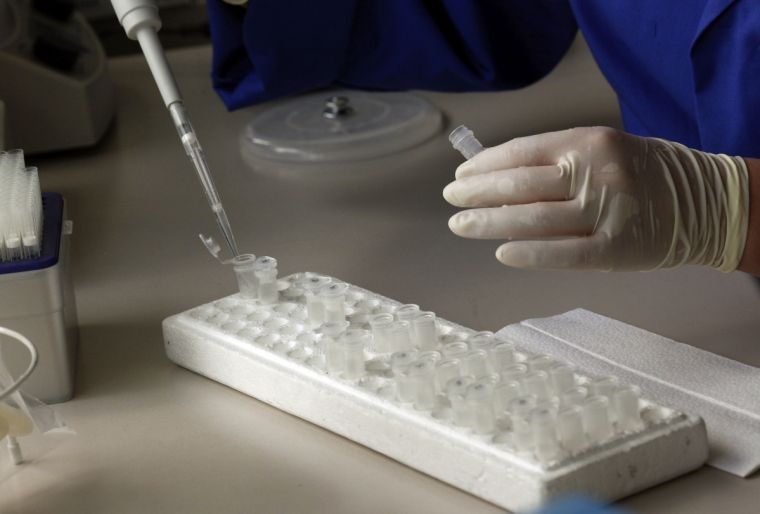Deaf cure news: Gene therapy successfully performed on mice could also work on humans

In a study performed at Harvard University and MIT, it was found that a single injection of a gene editing cocktail was successful in preventing young animals destined to lose their hearing from total deafness.
Published in the journal Nature, the study targets a gene mutation called TMC1, a single wrong letter in the genetic code that causes the inner ear to lose hair cells through time. These delicate hairs, situated in the cochlea, respond to sound waves through vibration, which when transmitted to the brain are perceived as sound.
Children who inherit the TMC1 gene will suffer progressive hearing loss, which will start at the first decade of life and develop into profound deafness after 10 to 15 years.
Researchers wanted to know if deleting the disease-causing copy of the gene would be able to counter the result.
For the study, scientists injected the gene-editing tool CRISPR-Cas9, which acts as molecular scissors, inside the ears of live mice that have deafness-causing genetic mutation.
After eight weeks, the researchers found that the tool was able to precisely cut the faulty gene without affecting the healthy copy. The scientists noted that despite being able to repair only a small fraction of the ear, the hair cells in treated ears became densely packed and tufted. The hair cells of untreated mice, on the other hand, remained damaged and sparse.
Following the study's success, the team hopes to try out the therapy on larger animals to ensure its safety and efficiency, before moving on to human patients.
"We hope that the work will one day inform the development of a cure for certain forms of genetic deafness in people," said study head Prof. David Liu.
The study is the latest breakthrough in gene-editing. Last month, scientists were able to alter a person's genetic code by editing his DNA inside his own body.











